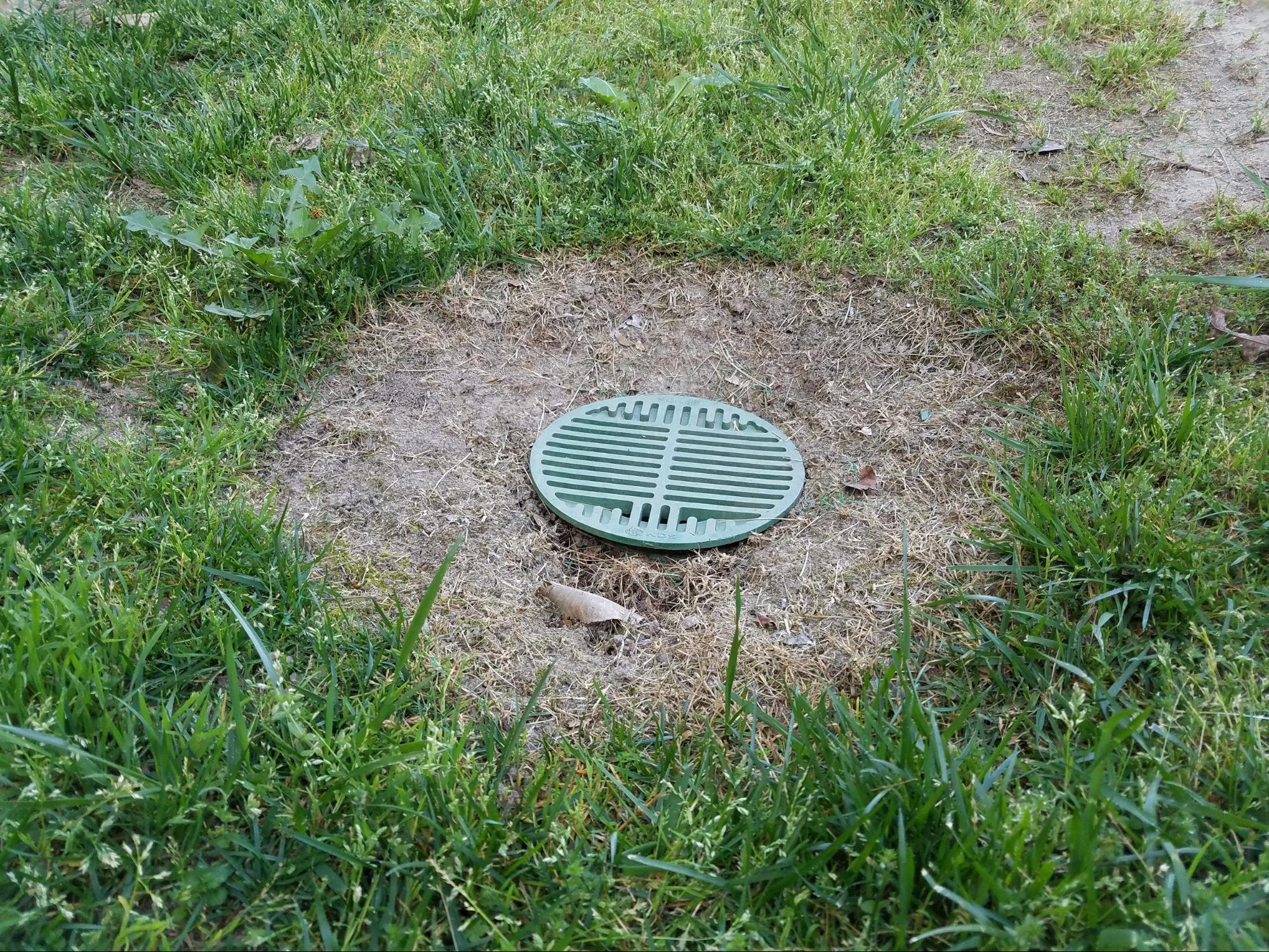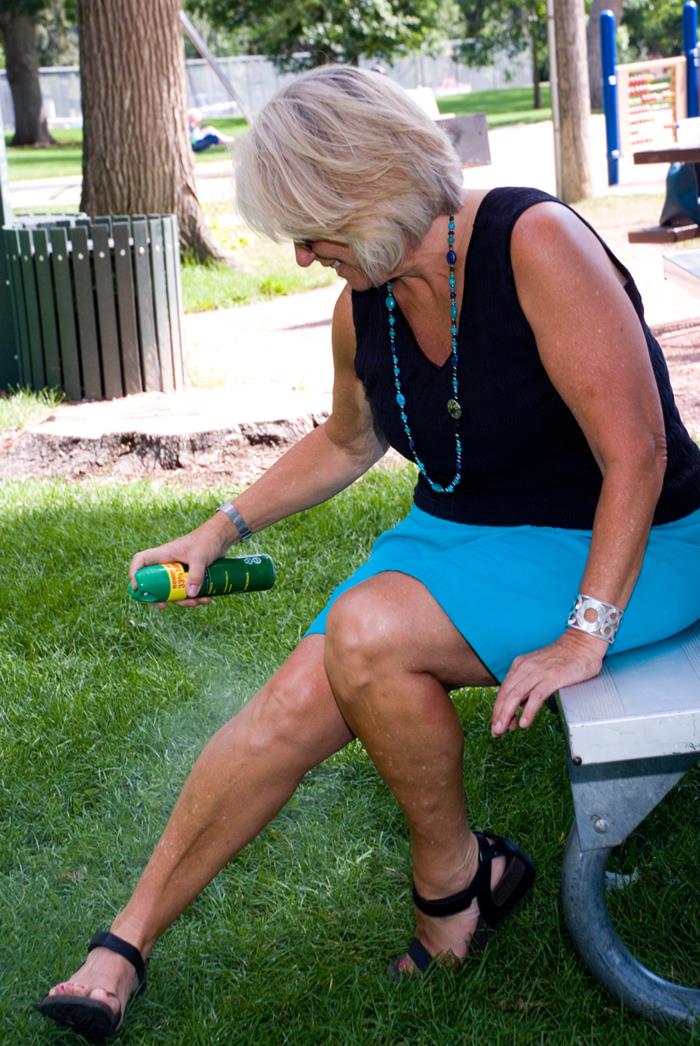Prevention
Reduce Mosquito Breeding Sources
The most effective way to control mosquitoes is to eliminate any standing water around your home. Mosquitoes cannot develop without water. A few key habits can make a big difference.
Dump standing water at least once a week
Without standing water, mosquitoes will not grow into biting adults. Get rid of as many water holding containers as possible. For items that you decide to keep, make sure to dump out water at least once a week. Keep an eye out for these common mosquito sources:

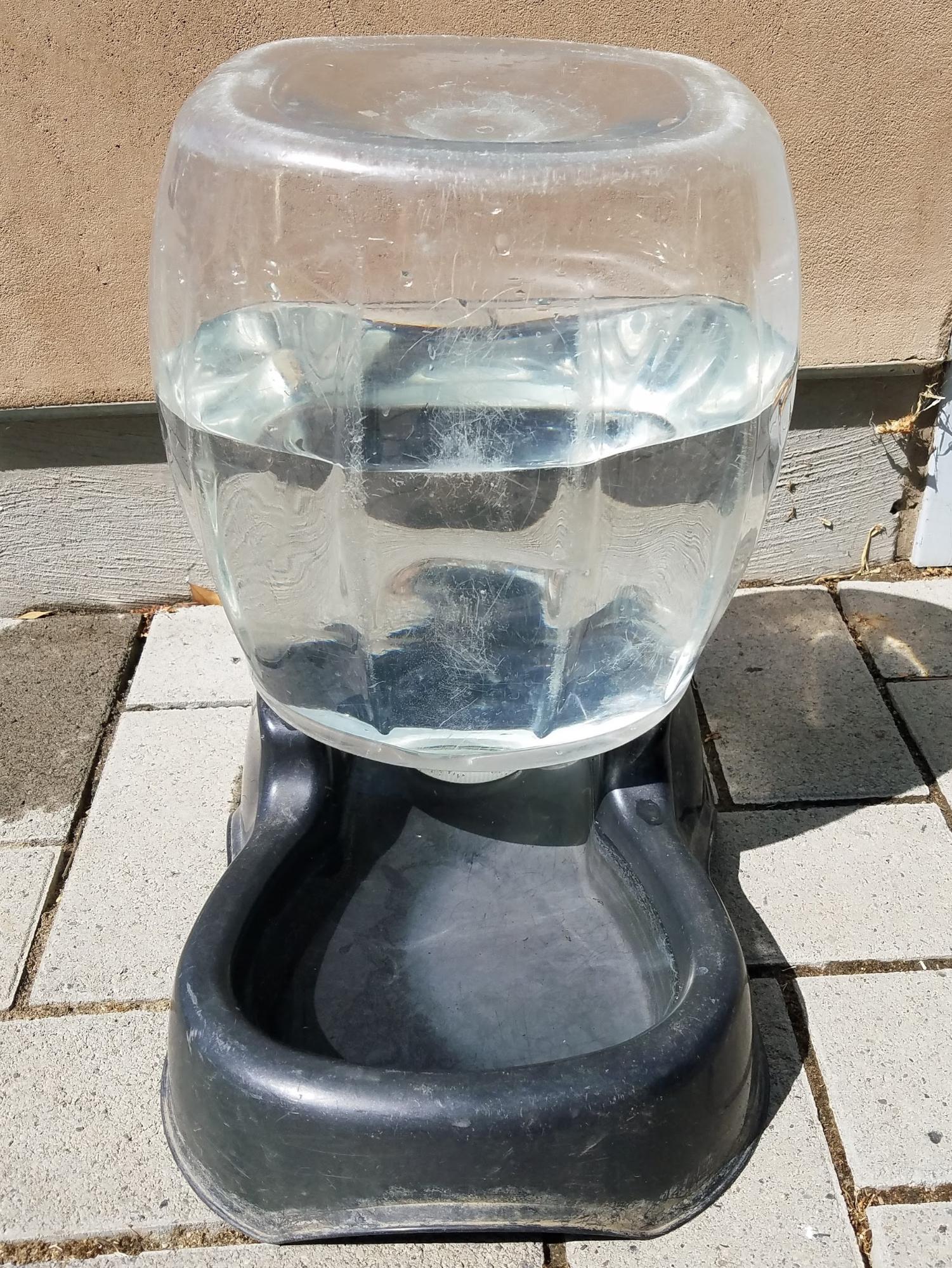
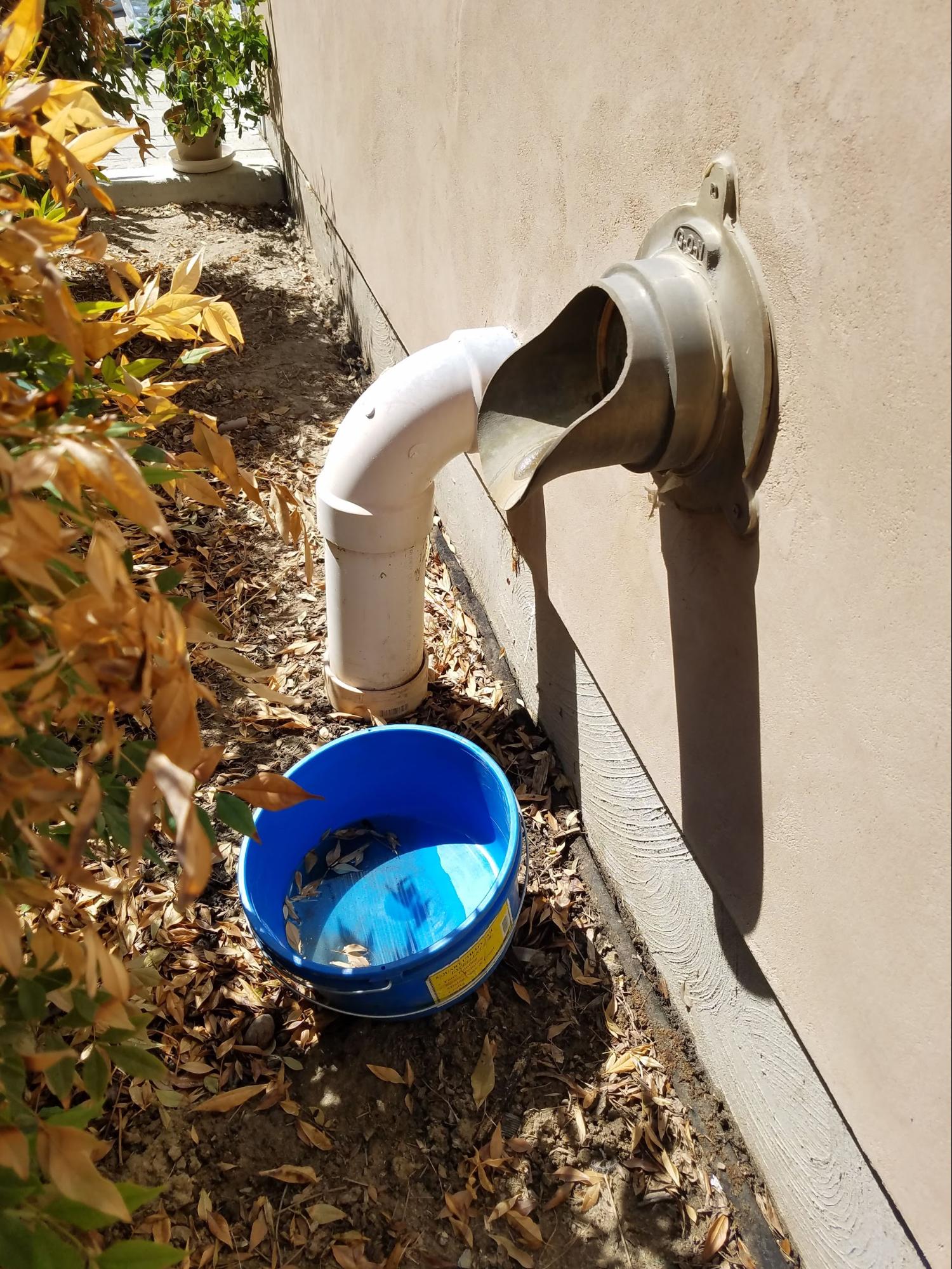

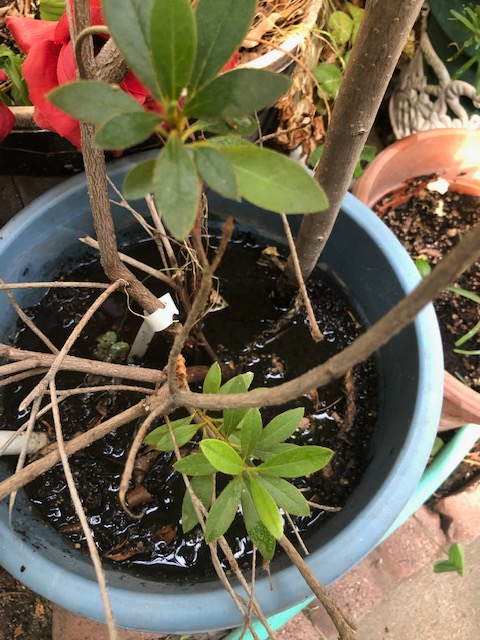

Properly maintain swimming pools, hot tubs, spas, and fountains
Neglected swimming pools, hot tubs, spas, and fountains can produce millions of mosquitoes every month. Keep the water in these sources circulating, filtered, and chemically balanced to stop mosquitoes. Ideally, water should circulate 24/7. If this is not possible, make sure water circulates for a couple hours each day.
If you do not plan to use your hot tub or pool, keep it completely empty of water and tightly covered to prevent rain or sprinkler water from refilling it. Fountains can be turned into gorgeous planters for succulents or other plants as a decorative yard feature.
You can anonymously report green swimming pools, hot tubs, and spaswith the online service request form.
Place free mosquitofish in ponds and other permanent water sources
Mosquitofish (Gambusia affinis) are small fish that eat up to 3 times their body weight in mosquito larva every day! They can be placed in backyard ponds, water troughs, and other water features to provide maintenance-free mosquito control year round.
Delta Vector Control District provides free mosquitofish for District residents. To request mosquitofish, complete the online service request form or call 559-732-8606 during regular business hours.
Screen yard drains
Yard drains are often made of corrugated plastic pipe. These little divots as well as the general U-shape of the drain pipe allow yard drains to hold rain and sprinkler water for several weeks without drying out. Tightly fitting a fine mesh, like a window screen, in the cap of the yard drain prevents mosquitoes from laying eggs.
Prevent mosquito bites
Use an EPA-registered insect repellent to prevent mosquito and tick bites when you go outside, especially around dawn and dusk. EPA-registered insect repellents have been evaluated and approved for safety and efficacy when the product is used according to label instructions. A repellent that is registered will have an EPA registration number on the label.
Look for an EPA-registered insect repellent that contains one of the following active ingredients:
- DEET
- Picaridin
- IR3535
- Para-menthane-diol (PMD)
- Oil of Lemon Eucalyptus (OLE) – NOT an essential oil
To get the most out of your insect repellent, always read the product instructions and reapply as directed. Apply repellents AFTER you have put on sunscreen or lotions.
Visit the EPA Repellent Search Tool to find a repellent that is right for you.
Your Guide to Insect Repellents
Mosquito-proof your home
Unfortunately, mosquitoes can enter homes in search of a blood meal or to escape cold weather. Follow these tips to reduce mosquitoes inside your home.
- Install window and door screens that fit tightly in the frame. Consider hanging a curtain screen door on entrances that are in high traffic areas or are left open for pets. Check screens periodically for holes and repair if necessary.
- Once a week, empty and scrub items that hold water in your home. Pet water bowls, vases, and potted plants are common indoor water sources for mosquitoes.
- Use air conditioning when available. Mosquitoes do not like the cold and have difficulty flying in strong air currents. If you are unable to use air conditioning, consider using fans on the highest setting.
Traveling
While everyone loves a good vacation, there are different health risks in different parts of the world that you should be aware of. It is important to protect yourself from mosquitoes and other vectors while traveling so that you do not bring a pathogen, like Zika, home. The following tips can help you have a safe journey and a healthy return.
Tip #1: Know before you go!
Check your destination for health risks at the Center for Disease Control Travelers’ Health website and consult with a travel health practitioner to ensure you receive the appropriate immunizations, preventative treatments, and resources you need for a safe trip. If you are traveling within the United States or its territories, be sure to check local conditions and health risks. West Nile Virus is the most common mosquito-borne disease throughout the continental United States while Dengue, Zika, and Chikungunya are common in many US territories.
Start planning at least 3 months in advance to ensure that you have time to complete all travel requirements and recommendations.
Tip #2: Use EPA-registered insect repellents
Repellents can prevent both mosquito and tick bites. Bring an EPA-registered insect repellent with the active ingredients DEET, picaridin, ID3535, oil of lemon eucalyptus, or para-menthane-diol at 20% or above. These repellents come in sprays, wipes, and lotions that can easily be transported in your luggage. Consult with the appropriate travel agency for specific information about what you can bring into the transporting vehicle.
Tip #3: Stay in mosquito-proof accommodations
Choose hotels, hostels, or other accommodations that have air conditioning and screens over windows and doors so mosquitoes can’t get in. If these options are not available, sleep under a long-lasting insecticide-treated net (LLIN) that can be tucked under the mattress.
Tip #4: Prevent mosquito bites after your trip
Even if you do not feel sick, continue to prevent mosquito bites for 3 weeks after your trip. Many mosquito-borne diseases can take up to 21 days before symptoms develop. If you develop symptoms including fever, headache, muscle or joint pain, and rash, see your healthcare provider immediately and be sure to share your travel history.
By preventing bites at home, you can avoid accidentally infecting the mosquitoes in your community and local transmission of diseases like Zika, Dengue, or Chikungunya.
Stay up to date on seasonal disease risks
Keep up-to-date on mosquito and mosquito-borne diseases within the District by visiting the Vector Activity Map. You can also check activity across California and some other states by visiting the VectorSurv map.
Preventing Tick Bites
At home
Some simple landscape changes can help reduce your risk of being exposed to ticks.
- Mow lawn frequently
- Remove fallen leaves and debris
- Clear grass and brush around your home and along the edge of buildings
- Maintain a 3-foot wide barrier of gravel or wood chips along the edge of lawns and wooded areas
- Keep patios, decks, and playground equipment away from the edges of yards and wooded areas
- Remove trash, old household items, and other items that ticks can hide in
- Keep wood piles dry and stacked neatly away from your home and recreational areas to discourage rodents that soft ticks feed on
While hiking, camping, or participating in outdoor activities
Avoiding tick bites can reduce your risk of developing a tick-borne disease.
- Use an EPA-registered repellent for use against ticks such as those with at least 20% DEET. Visit the EPA Repellent Search Tool to find a repellent that is right for you.
- Before hikes, treat clothing with permethrin to kill ticks.
- Stay in the middle of trails when hiking or walking. Avoid walking through grassy areas, sitting on logs, tree trunks, or other vegetation.
- Keep grass mowed along trails, buildings, camping, and other outdoor gathering areas.
- Check yourself, others, and pets for ticks during and up to 3 days after outdoor activities such as hiking.
- Shower soon after returning from outdoor activities in tick habitat.
- Place clothes worn during outdoor activities in a hot dryer for 10 minutes before washing.
Handling tick bites
If you are bitten, promptly removing the tick can help prevent disease transmission.
- Grasp the tick’s mouthparts with tweezers as close to the skin as possible.
- Pull the tick straight out using a gentle, steady motion. Avoid twisting or jerking the tick which can cause the mouthparts to break off in the skin.
- Wash the bite site and your hands with soap and water.
Contact your healthcare provider if you develop any symptoms within 30 days of being bitten by a tick.
Service Request? Get in Touch.
Public Documents
Contact
1737 West Houston Ave
Visalia, CA. 93291
Ph. 559-732-8606
TF. 877-732-8606
Fax. 559-732-7441
info@deltamvcd.gov
Hours
Monday–Friday,
7:30 AM to 4:00 PM (excluding holidays)



